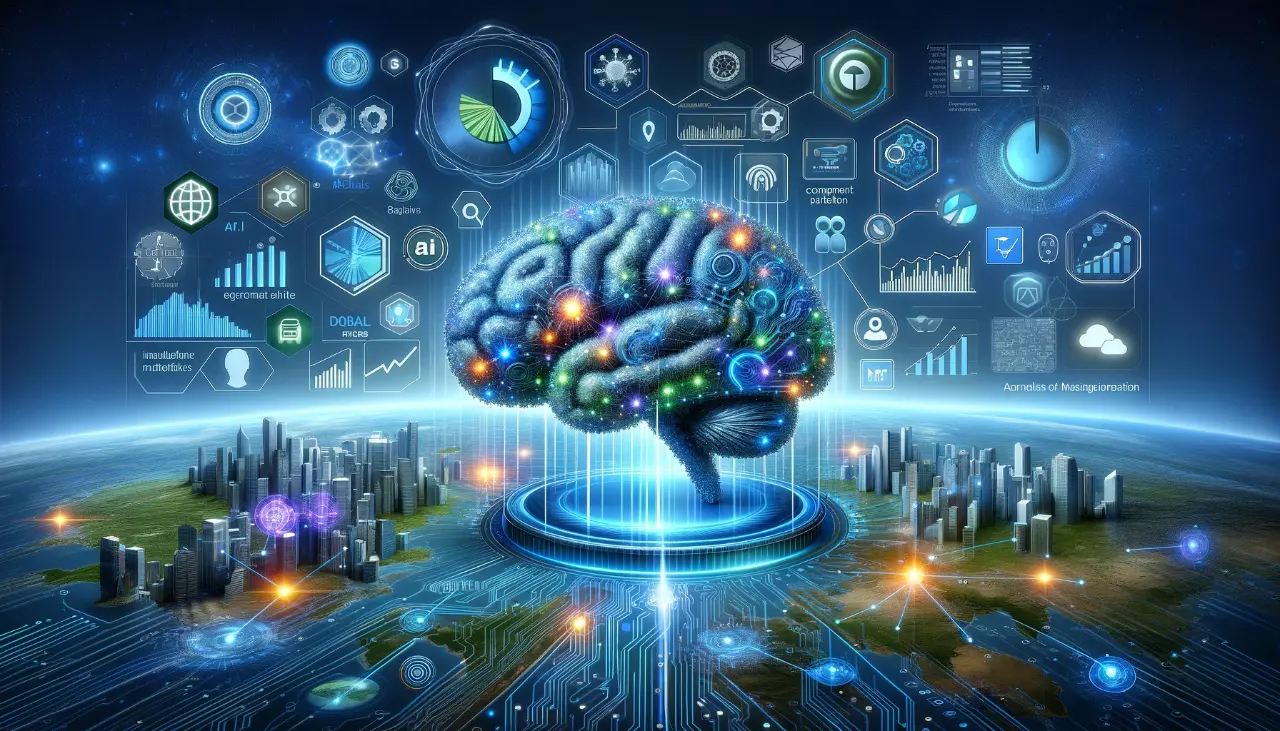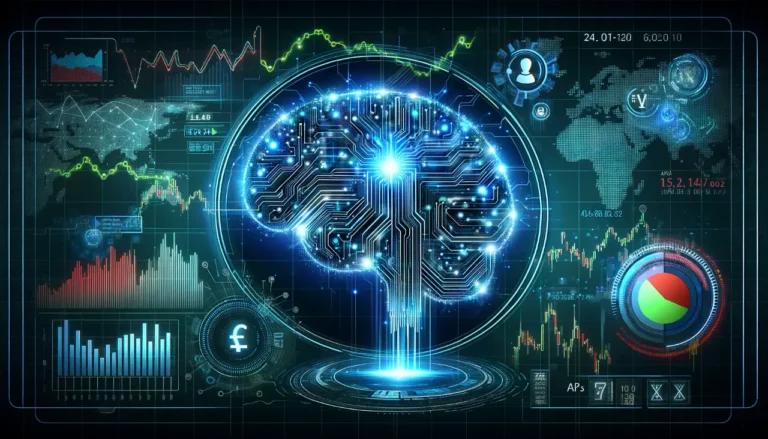In the ever-evolving world of e-commerce and marketing, staying ahead of the curve is not just a necessity but a survival strategy. The advent of Artificial Intelligence (AI) in this sphere has opened up a realm of possibilities that seemed like the stuff of science fiction just a few years ago. From personalized shopping experiences to predictive analytics, AI tools are revolutionizing how businesses interact with customers, understand their needs, and maximize efficiency. This article delves into some of the best AI tools in e-commerce and marketing, offering a glimpse into a future that’s already here.
1. Personalized Customer Experiences with AI:
The quintessence of e-commerce success lies in understanding and catering to the unique needs of each customer. AI tools such as Criteo and Adobe Sensei are at the forefront of this revolution. Criteo uses machine learning algorithms to analyze millions of transactions every day, delivering personalized advertisements that are not just relevant but almost intuitive in their understanding of consumer behavior. Adobe Sensei, on the other hand, leverages AI to optimize content delivery, ensuring that the right message reaches the right customer at the right time.
2. Chatbots: The New Age Sales Representatives:
Gone are the days when customer interactions were limited to human-operated call centers. AI-powered chatbots have taken over, offering 24/7 assistance, addressing queries, and even handling sales processes. Platforms like ChatGPT from OpenAI are leading the way, offering conversational AI that can understand and respond to customer inquiries in a human-like manner. This not only enhances customer experience but also frees up human resources for more complex tasks.
3. Predictive Analytics: Anticipating Consumer Needs:
Predictive analytics is another area where AI is making significant strides. Tools like Google Analytics use AI to analyze consumer behavior patterns, predict future trends, and help businesses make data-driven decisions. This not only helps in inventory management and demand forecasting but also in tailoring marketing strategies to target the right audience with the right products.
4. AI in Email Marketing: Creating Compelling Campaigns:
AI is transforming email marketing from a generic broadcast tool into a highly personalized communication channel. Tools like Persado use AI to craft compelling email subject lines and content that resonate with individual recipients, significantly improving open rates and engagement.
5. Voice Search Optimization: The Next Frontier:
With the rising popularity of voice assistants like Amazon’s Alexa and Google Assistant, optimizing for voice search is becoming increasingly important. AI tools are helping businesses adapt to this new search paradigm, ensuring their products and services are easily discoverable through voice queries.
6. Image Recognition: Revolutionizing Product Discovery:
AI-powered image recognition technologies are changing the way consumers discover products. Tools like Google Lens allow users to search for products by simply taking a photo, making the shopping experience more intuitive and seamless.
7. AI-Driven Content Creation:
AI is not just about data analysis; it’s also about content creation. Tools like GPT are capable of generating human-like text, enabling businesses to create high-quality, relevant content for their marketing efforts at scale.
8. Social Media Insights: Understanding Consumer Sentiment:
In the world of social media, understanding consumer sentiment is crucial. AI tools are being used to analyze social media conversations, providing businesses with insights into consumer preferences, trends, and potential PR crises before they escalate.
9. Inventory Management: AI’s Role in Supply Chain Efficiency:
AI’s predictive capabilities are also being harnessed for efficient inventory management. By predicting demand spikes and lulls, businesses can optimize their inventory levels, reducing waste and ensuring product availability.
10. Ethical Considerations and Future Prospects:
As we embrace these AI tools, it’s essential to consider the ethical implications, particularly in terms of data privacy and security. As AI continues to evolve, businesses must stay vigilant, ensuring that they use these tools responsibly and transparently.
In conclusion, the integration of AI in e-commerce and marketing is not just a trend; it’s a fundamental shift in how businesses operate and interact with their customers. The tools discussed here are just the tip of the iceberg. As AI continues to advance, we can expect even more innovative solutions, fundamentally transforming the landscape of e-commerce and marketing. The future is here, and it’s powered by AI.













